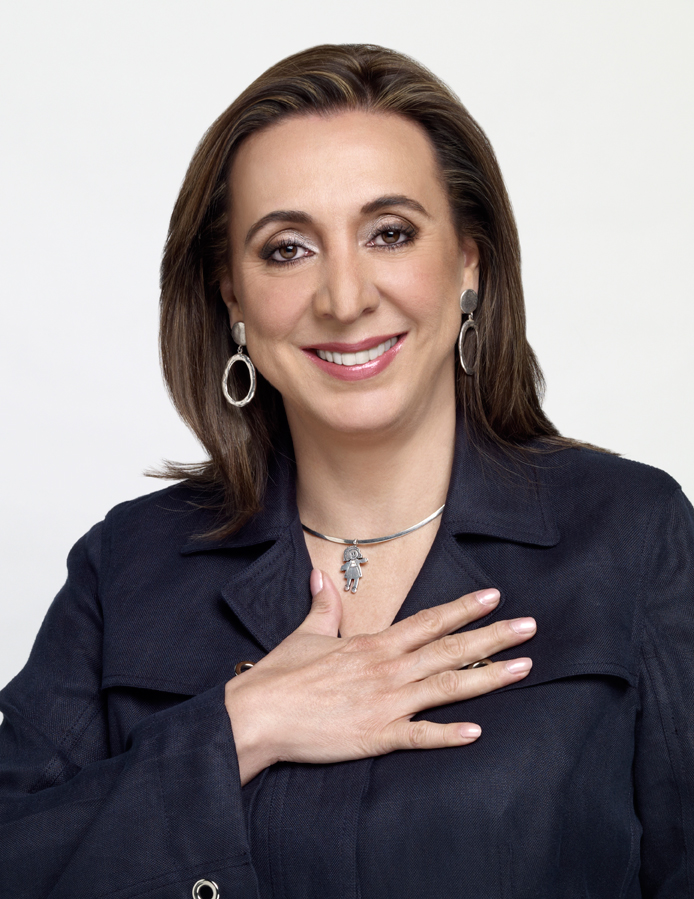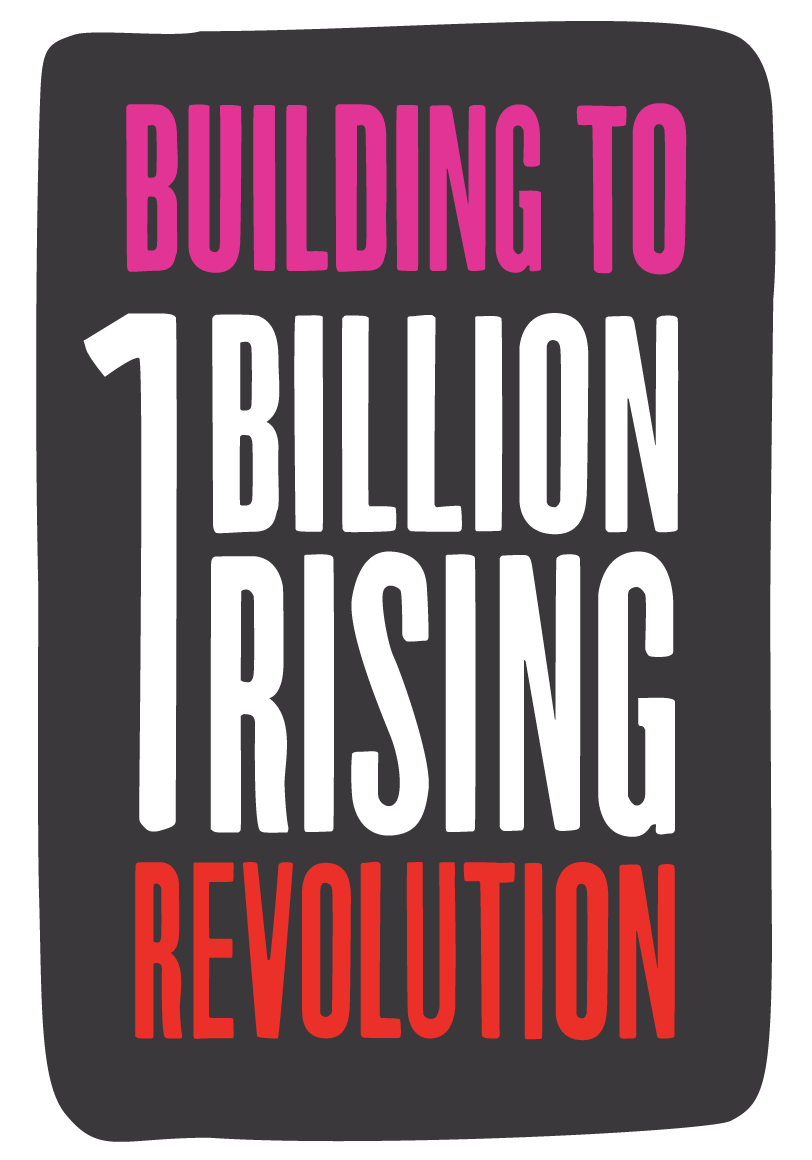 This is the story of how a group of women who were shunned and abused and regarded as worthless came together – to transform the laws of their country, and save the lives of many more women like them.
This is the story of how a group of women who were shunned and abused and regarded as worthless came together – to transform the laws of their country, and save the lives of many more women like them.
By 2005, I had been working in Mexico for more than a decade with women who were being abused by their partners, when I was invited to a conference in Washington DC. There, I heard about an issue I knew nothing about – something called “human trafficking.” I was told about a sixteen year-old girl who was taken from her country and raped for money every day – and when she escaped, she committed suicide.
The story haunted me. When I came home to Mexico, I discovered there were no shelters for trafficking victims, and almost nothing to help them. I thought about how lucky I have been in my life – I had beautiful parents and a wonderful husband – and I thought: I have to show my gratitude. I must act.
I started to investigate to discover the extent of human trafficking in Mexico. One of the first people I spoke to was a senior police officer, who said to me: “Hey woman! Stop crying – these girls like it!”
A local charity took me to meet some prostituted women in Mexico City. I sat with 21-year old woman called Elisabeth Morales. I stood out as an older woman. I told her I liked her little black purse, and we began to talk. She started to tell me about how she had ended up in this situation.
When she was 15, she had gone to live with a man, and had two children – but her husband vanished to live in the United States, and she was left alone with no money. One day, she met a man who seemed very kind, and he offered to look after her. He came to meet her parents, and he really charmed them: he cooked for them and brought them presents and asked their permission to marry Elisabeth and take her with him to the distant city of Puebla.
When they arrived there, he said he was going to starve her unless she started to ‘work’ for him – as a prostitute. He locked her up and denied her food until she ‘agreed’. She was then forcibly prostituted for months on end. One day, when he was drunk, she smashed a bottle and waved it at him until she escaped. Free at last, she realized she was too ashamed and afraid to go back to her family – she thought he would come looking for her. Lost and alone, she came to Mexico City, and ended up back in prostitution.
I asked Elisabeth and two of her friends: do you want to get out of this life? They immediately said yes. I told them to pack their things at once and come with me. With others, I helped them to get accommodation and therapy. I watched as they changed, and went on to study at university. I thought to myself – every human is precious. Every life is like a whole world.
As soon as Elisabeth was in therapy, she said to me – we have to help other women. We can’t just leave them there.
The more women I met, the more horrific the stories I found were. I met a woman called Karla Jacinto. When we first rescued her and got her therapy, she was sixteen years old, and furious. If you told her you understood, she would hit the walls and yell that you couldn’t possibly understand. Eventually her story emerged. She was forced into prostitution from the ages of 12 to 16, and in that time, more than 40,000 men raped her. When she tried to refuse, she was tortured with a hot iron and whipped with cables. She showed us her scars.
As I started to investigate human trafficking, I discovered something that shocked me. The network of men running these organizations in Mexico runs to the very top – the politicians and police. It was clearly dangerous to intrude in this world – but we could not allow this crime to continue unopposed.
In 2009, I decided to run for the congress with ending human trafficking as my sole and only issue. I knew it would be almost impossible to win – I was up against a candidate with a very big majority and very strong political links, and I had very little money – but I wanted to raise awareness, and I believed the Mexican people would respond.
To everyone’s amazement – especially my own – I won with a big majority. On my first day in Congress, I gave every single other Member of Congress a video explaining what human trafficking is, and explained we had to outlaw it. Up to then, there was a poor patchwork of laws that did not properly punish the pimps.
Women who had been trafficked came in to the Congress to explain their stories and argue for a change in the law. One woman explained how her virginity was sold for $300. Another explained how she saw her father kill her mother when she was six and was sold into prostitution soon after. Along with many NGOs, these women and girls were the leading force in this fight. After their extensive lobbying, one of the toughest anti-trafficking laws in the world was passed – unanimously.
Mexico now has one of the highest rates of successful prosecution of human trafficking in the world. I saw the results in the life of a girl I worked with and admire deeply. At the age of 14, two female cousins walking by the side of the road when they dragged into trucks by the side of the road, and drugged. They woke up far away – to be raped. They were detained in a brothel: they saw another captive there was eight years old, and she was raped too. Their captor was a woman, who told them not to cry – I was trafficked too, she said, and far worse things happened to me.
One day, one of the cousins stole some water because she was so thirsty. The female pimp was furious and demanded to know who took it. The cousin didn’t say anything – so her fellow captive said that she had taken it, to protect her friend. The pimp started to beat the girl so severely that she died. Can you imagine the guilt?
Not long after, when the female pimp was very drunk, the girl escaped and stumbled out into the street. Through begging for help, she was finally – days later – able to stagger back into her hometown, exhausted and broken. But as soon as she got off the bus, people began to recognize her. The whole neighborhood had been looking for her when she vanished. But when they saw she was dressed as a prostitute, they began to jeer. “Do you know what you have done to your parents?” they began to yell. She was only five blocks from home – but she thought: I can’t go home. I am ruined.
She was torn – but she decided to go home. Her parents loved her and were so happy to see her. They supported her. The difference, I believe, between this girl becoming like the pimp-woman who tortured her, and recovering, was that love.
Now that girl has successfully testified against many of the men who abused her, and another trial is coming later this year. She has won. Her abusers are in prison.
Elisabeth, the first prostituted woman I met, is now a successful businesswoman. Karla , who at first was lost in rage and madness, has traveled all over the world testifying to her experiences. The NGOs we were involved in setting up help hundreds more women. I saw Karla talk at a conference in front of leading religious figures from all over the world – and at the end, on her own initiative, she led them in prayer. She felt no shame and no self-consciousness. She knew she is as good as anyone.
I have been involved in One Billion Rising – the movement for all the one billion women who have been abused to rise up as one each February 14th – since it began. I have seen in my own country and my own life what happens when the women who are regarded as marginal and worthless rise up. They transform themselves and they transform their countries.
In Mexico, a few thousand abused women rose up, and we have prevented a huge amount of trafficking. If one billion women rise, is there anything we would not be able to achieve?
As told to One Billion Rising.
 1 in 3 women across the planet will be beaten or raped during her lifetime. That’s ONE BILLION WOMEN AND GIRLS. Every February, we rise — in hundreds of countries across the world — to show our local communities and the world what one billion looks like and shine a light on the rampant impunity and injustice that survivors most often face. We rise through dance to express joy and community and and celebrate the fact that we have not been defeated by this violence. We rise to show we are determined to create a new kind of consciousness — one where violence will be resisted until it is unthinkable.
1 in 3 women across the planet will be beaten or raped during her lifetime. That’s ONE BILLION WOMEN AND GIRLS. Every February, we rise — in hundreds of countries across the world — to show our local communities and the world what one billion looks like and shine a light on the rampant impunity and injustice that survivors most often face. We rise through dance to express joy and community and and celebrate the fact that we have not been defeated by this violence. We rise to show we are determined to create a new kind of consciousness — one where violence will be resisted until it is unthinkable.
This year we are rising for Revolution. We are initiating a new series, “Building to One Billion Rising Revolution,” where we will be sharing stories of extraordinary activists who embody the creative radical shift in consciousness required to bring about CHANGE.
Grassroots activists who fight for justice and liberation with passion and joy.